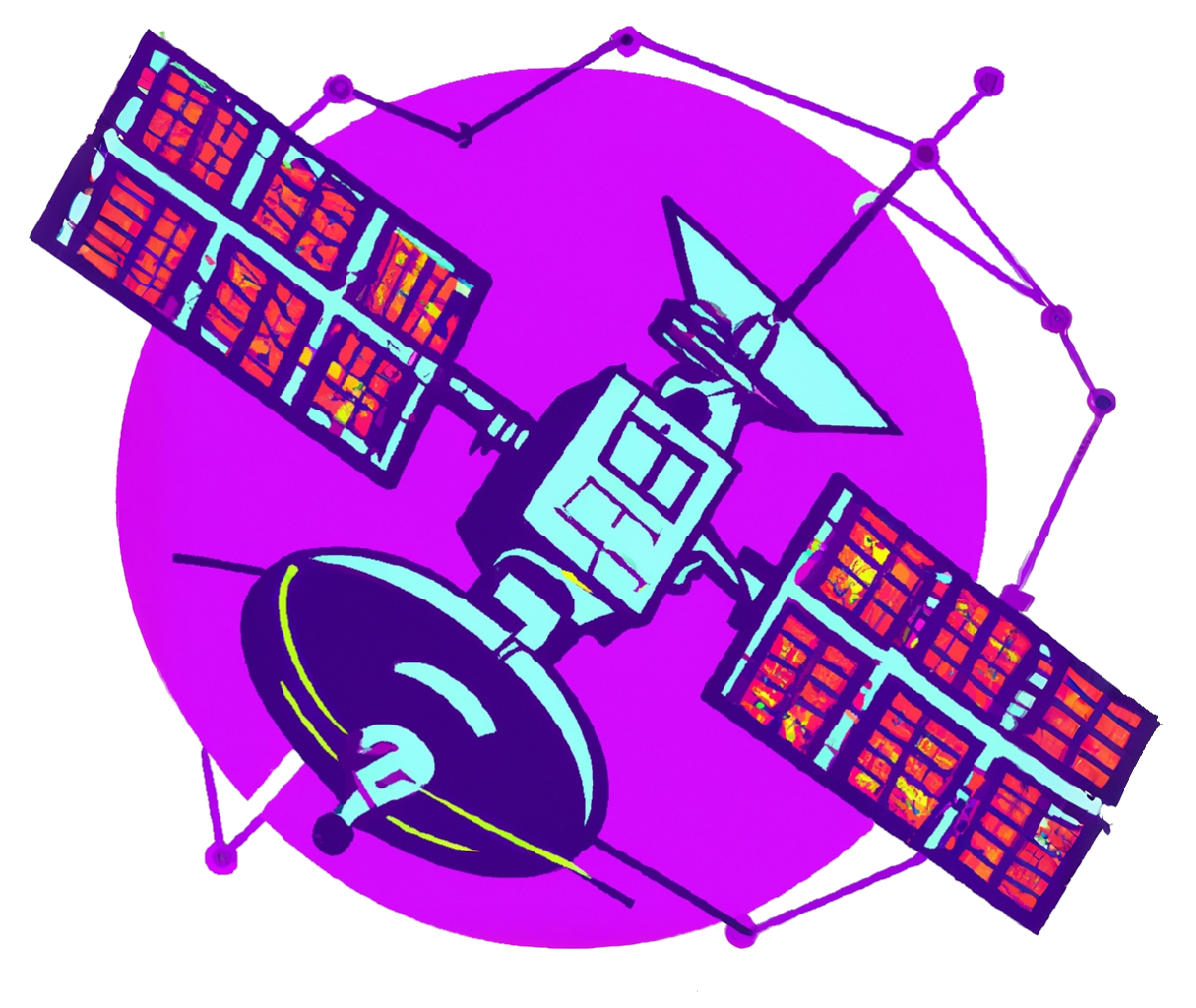Routes
The Module SDK provides three main route types for interacting with the Mir ecosystem. Each route type serves a different purpose and follows consistent patterns.
Route Types Overview
| Route Type | Purpose | Direction | Pattern |
|---|---|---|---|
| Device | Direct device communication | Device ↔ Module | Subscribe to device streams |
| Client | Server-side operations | Module ↔ Mir Services | Request/Response & Subscribe |
| Event | System event notifications | Mir → Module | Subscribe to events & Publish |
Common Patterns
Subscribe vs QueueSubscribe
All routes support two subscription modes:
- Subscribe: Every module instance receives all messages
- QueueSubscribe: Messages are distributed across module instances (worker pattern)
// Standard subscription - all instances receive messages
m.Device().Telemetry().Subscribe("*", handler)
// Queue subscription - only one instance receives each message
m.Device().Telemetry().QueueSubscribe("workers", "*", handler)
Use * to subscribe to all devices or deviceId for a single specific device.
Message Acknowledgment
Always acknowledge messages after processing:
func handler(msg *mir.Msg, deviceId string, data []byte) {
// Process the message
processData(data)
// Acknowledge
msg.Ack()
}
Routes Layout
All routes in Mir follow a structured subject pattern based on NATS. Understanding this structure helps you create custom routes and understand how messages are routed.
Route Subject Structure
Routes are composed of multiple segments separated by dots (.):
<type>.<id>.<module>.<version>.<function>.<extra...>
Segment Definitions:
-
Type - The route category:
device- Direct device communicationclient- Server-side operations (module-to-module or module-to-service)event- System event notifications
-
ID - The identifier for routing:
- For device routes:
deviceId(or*for all devices) - For client routes:
clientId(or*for all clients) - For event routes:
eventId(or*for all events)
- For device routes:
-
Module - Your module/application name:
- Identifies which module or service the route belongs to
- Example:
"myapp","cfg","core","tlm", etc
-
Version - Schema/API version:
- Semantic versioning:
"v1","v2","v1alpha" - Allows route evolution without breaking existing subscribers
- Semantic versioning:
-
Function - The specific operation or data type:
- What the route does or what type of data it carries
- Example:
"list","send","update"
-
Extra - Optional additional routing tokens:
- Further refine routing as needed
- Example:
"high-priority","zone-a"
Creating Custom Routes
Use the NewSubject() function to create custom routes:
// Device custom route
subject := m.Device().NewSubject("myapp", "v1", "temperature", "celsius")
m.Device().Subscribe(subject, handler)
// Subscribes to: device.*.myapp.v1.temperature.celsius
// Client custom route
subject := m.Client().NewSubject("myapp", "v1", "process-data")
m.Client().Subscribe(subject, handler)
// Subscribes to: client.*.myapp.v1.process-data
// Event custom route
subject := m.Event().NewSubject("*", "myapp", "v1", "alert")
m.Event().SubscribeSubject(subject, handler)
// Subscribes to: event.*.myapp.v1.alert
Wildcards
Use * to subscribe to multiple routes:
// Subscribe to all devices
m.Device().Telemetry().Subscribe("*", handler)
// Matches: device.*.mir.v1.telemetry
// Subscribe to all events from your module
subject := m.Event().NewSubject("*", "myapp", "v1", "*")
m.Event().SubscribeSubject(subject, handler)
// Matches: event.*.myapp.v1.*
Message Metadata
All routes provide access to message metadata through the *mir.Msg type:
func handler(msg *mir.Msg, ...) {
// Get trigger chain (array of all services that handled this message)
chain := msg.GetTriggerChain()
fmt.Printf("Trigger chain: %v\n", chain)
// Get origin (first service in chain)
origin := msg.GetOrigin()
fmt.Printf("Origin: %s\n", origin)
// Get original trigger ID
originalTrigger := msg.GetOriginalTriggerId()
// Get timestamp
timestamp := msg.GetTime()
fmt.Printf("Time: %s\n", timestamp)
// Get protobuf message name (for telemetry, commands, etc.)
msgName := msg.GetProtoMsgName()
fmt.Printf("Proto message: %s\n", msgName)
// Access underlying NATS message
natsMsg := msg.Msg
fmt.Printf("Subject: %s\n", natsMsg.Subject)
fmt.Printf("Reply: %s\n", natsMsg.Reply)
}
 Mir
Mir